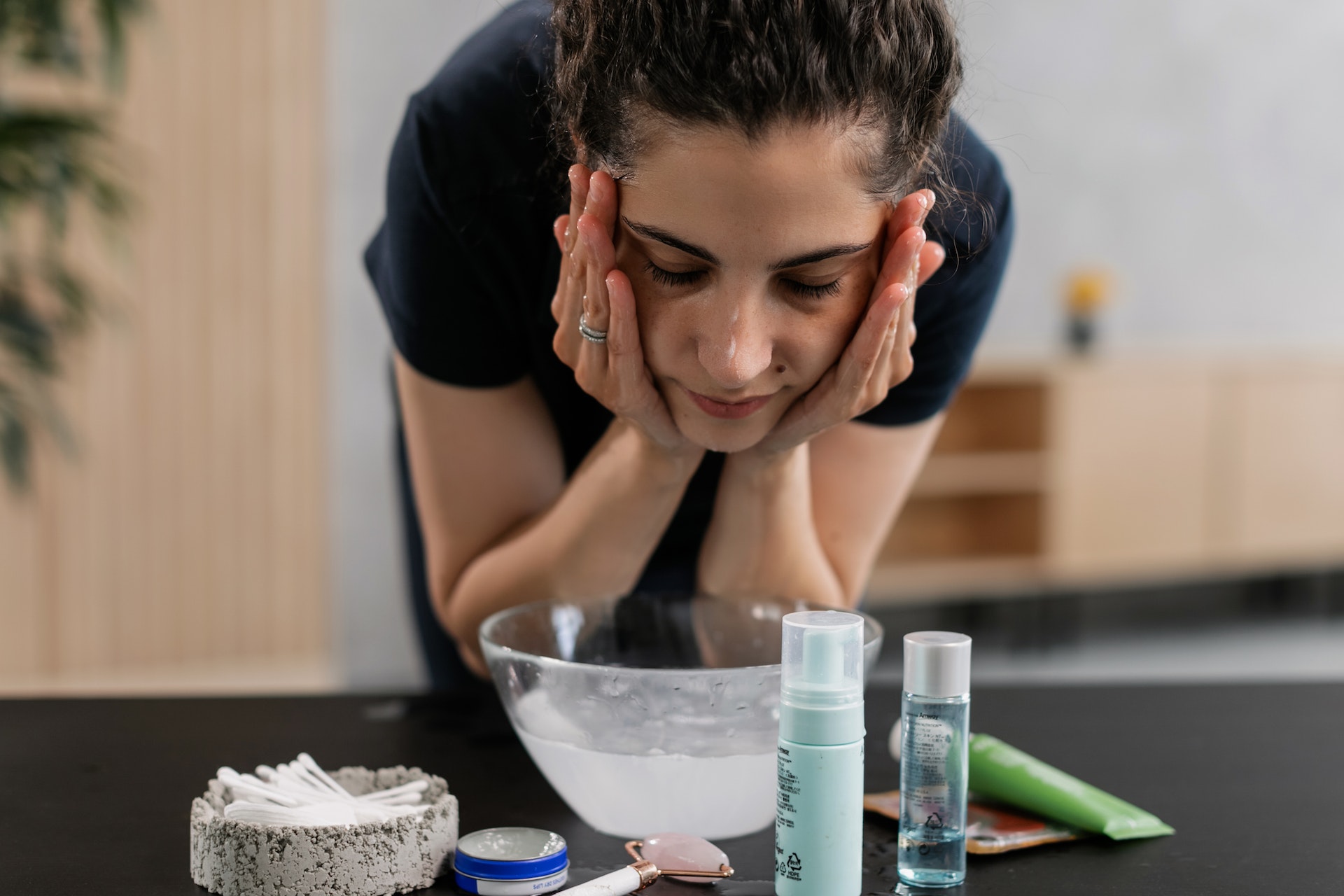How to Use Niacinamide Serum for Oily Skin?
Every year brings new skincare innovations, but few truly transform the industry. Niacinamide, commonly referred to as Vitamin B3, stands out as one of these game changers.
Are you an adept at Skincare? If you are, chances are that you have already created an exhaustive list of skincare products and treatments that either help or harm your skin. From creams containing Vitamin C to moisturizers with Hyaluronic acid in them – chances are there’s likely been something new you haven’t tried in your quest for glowing, healthy skin.
There’s a good chance you have heard dermatologists or experts on skin discuss the advantages of Niacinamide serum. This magical ingredient is a form of Vitamin B3 known as Niacinamide which is water soluble – this makes it suitable for consumption or topical application to the skin, offering numerous advantages to users. Look closely at some of these Niacinamide benefits and how to use Niacinamide serum for oily skin.
What is Niacinamide?
Niacinamide (vitamin B3) is a long-established, safe vitamin with numerous proven topical uses and benefits, including treating acne, eczema and other skin conditions. Niacinamide is one of the most researched cosmeceuticals to address skin aging.
Niacinamide provides many advantages that can help improve its appearance while simultaneously being an essential element for overall body function – an element that cannot be produced on its own by human bodies.
Niacinamide is a water-soluble vitamin, meaning we must consume or apply it topically to reap its health benefits. Also referred to as vitamin B3 and “nicotinamide,” an acid-free form of B3. If you want a niacinamide serum for oily skin, Earth Rhythm can help you better.
How can you use Niacinamide Serum For Oily Skin?
Niacinamide serum excels when it comes to oil control.
- Niacinamide is an amazing ingredient to combat excess oil (sebum) production, which may clog pores, cause inflammation, and eventually lead to acne breakouts. Niacinamide’s powerful ingredients work by stopping the overproduction of sebum which prevents breakouts before they even start, making this revolutionary drug beneficial in improving the appearance and protecting skin health from further breakouts.
- The Niacinamide serum’s ability to combat bacteria has proven highly effective at clearing pores and diminishing acne outbreaks.
- Niacinamide serums may reduce inflammation caused by excessive oil, leading to acne breakouts and redness. Over time, this could result in fewer acne outbreaks, improved skin texture, and reduced redness.
- Niacinamide-infused toners can help minimize pores. When your pores become blocked with dirt, oil and dead skin, they appear larger; Niacinamide’s ability to cut down oil means when there is less oil present, your pores appear smaller giving an illusion of smoother, more evenly toned skin.
- Vitamin A isn’t just designed for those with oily skin; it is suitable for all ages, skin types, and ingredients in skincare routines. Easy to add into your routine for skincare purposes, vitamin A prepares skin for powerful actives like salicylic acid, which are effective against acne due to excess oil production.
How Can You Apply Niacinamide Serum Properly?
When applying any product, apply it onto a surface free from dust, makeup SPF and excess oils. This will enable maximum penetration and absorption of ingredients active ingredients; Niacinamide is no exception!
Apply your Vitamin B3 serum immediately following cleansing (and toning if applicable) before applying heavy or oil-based serums, moisturizers, and sunscreen. Oil-based serums could potentially impact the effectiveness of water-based Niacinamide cream, so for optimal results, use your Vitamin B3 first.
Allow each layer to absorb before applying two separate serums simultaneously. It is also best to do this while the skin is still moist, making absorption easier and, thus, more permeability increased.
How Should You Apply Niacinamide Serums?
Niacinamide-based serums are ideal for daily use, both nightly and in the morning. While acids or retinol could potentially lead to sunburn, taking Niacinamide in the early morning poses no such risks; in fact, it provides antioxidant protection that makes it an excellent way to shield against pollution or UV radiation exposure.
Additionally, the night cream is an effective ingredient to use. You can combine it with other hydrating components, such as Vitamin B5 (panthenol). Furthermore, stimulating or potentially irritating ingredients to soothe and strengthen the skin may be mixed in to achieve a soothing and strengthening result.
Benefits of using niacinamide serum
1. Erase hyperpigmentation
Niacinamide’s primary advantage is its ability to diminish dark spots and hyperpigmentation. Studies have proven its efficacy at blocking color transfer within the skin and diminishing dark spots; including it in your daily skincare regimen can give you glowing and clearer skin inside out!
2. It can reduce oil production and acne scarring.
Adding niacinamide serum for oily skin in your daily routine can be very helpful. Niacinamide’s primary use for skincare applications lies in its ability to regulate and manage oil production in your skin while helping repair barriers that protect it and keeping moisture levels balanced.
3. Enhances skin barrier production
Niacinamide Serum skin care helps revitalize damaged, dull-looking skin by stimulating the production of ceramides and Elastin – two vital ingredients to rejuvenate its appearance.
4. Great for sensitive skin types
If you suffer from skin conditions like rosacea or acne, many ingredients found in skincare could be too harsh on your skin. One reason niacinamide-based skincare has become so popular among those with sensitive skin; its soothing cooling properties help calm inflammation and redness on the surface.
5. Its composition makes it suitable for other acids, including
As soon as you incorporate acids into your skincare regimen, no two acids that do not match must be applied together, which could cause irreparable harm to the skin.

